News from the Chapters June 2017
NEWSLETTER
Dinosaurs took centre stage at the Scotland Chapter’s Jurassic Night on 18 May – an event organised to explore the relationship between research and science fiction. Valérie Bentivegna tells us what we missed!
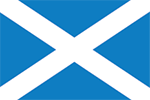
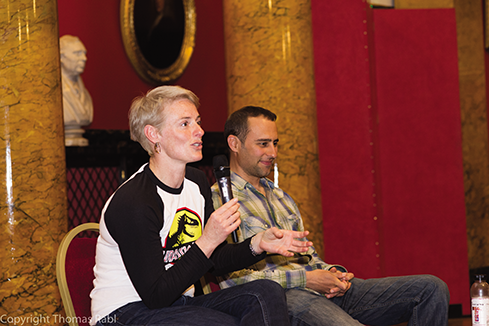
On a warm evening in Edinburgh, something was abrew. In an amazing venue, the Royal College of Physicians, the MCAA Scotland Chapter was set for an epic battle between *drumroll*... a chicken and a T-Rex. It was time for Jurassic Night.
In this third instalment of 'Science of SciFi', a series of talks exploring the connection between scientific research and sci-fi, we looked at the world of dinosaurs and the real-world possibilities of de-extinction with the help of two experts.
The first speaker, Dr Megan Davey, a developmental biologist looking at the role of Sonic Hedgehog (not the video-game character) on limb development, explained that our best chance of recreating dinosaurs was through reverse-engineering a chicken. Creating a chickenausauros, if you will. Apart from the potentially awesome theme parks, tracking the evolutionary changes that led us from dinosaurs to birds, can teach us about embryonic development.
During an intermezzo, our very own sci-comm team Valerie and Bruno (who is a blue ukulele) mused what it would be like to be a dinosaur in modern days, from selfies to the downward dog, and eventually sticking to playing the ukulele.
The second speaker, paleontologist Dr Steve Brusatte, took us through his PhD studies on how a series of chance adaptations in dinosaurs, from feathers over hollow bones to long limbs that would make any T-Rex jealous, eventually led to the right conditions for a creature of flight. His compelling opinion: we don't need to try and recreate dinosaurs, they are among us every day. For birds are, in fact, dinosaurs.
The session ended with an interesting Q&A session with both speakers, musing over whether we should bring animals back from extinction, the ethical implications of genetics, why T-Rexes had tiny arms and whether birds have thumbs or not.
Jurassic Night was organised by MCAA Scotland and co-sponsored by IOP.
FOLLOW FUTURE SCIENCE OF SCIFI EVENTS AND MORE MCAA SCOTLAND NEWS ON:
https://mcaascotland.wordpress.com/
 @MCAA_Scotland
@MCAA_Scotland
 www.facebook.com/MCAAScotland
www.facebook.com/MCAAScotland
The Israeli Chapter held its first meeting on 4 May and its Chair, Nehama Lewis, unveiled its upcoming activities.

The first Chapter event for 2017 was organised to enable networking between MCAA researchers from different universities in Israel. We chose a venue that was centrally located (Herzliya), and sent out flyers in advance. The event took place on 4 May, and was attended by 12 researchers, including researchers from the Hebrew University of Jerusalem, Tel-Aviv University, Bar-Ilan University, University of Haifa and the Technion.
In spite of the fact that researchers represented different disciplines, the participants enjoyed the opportunity to meet each other, and we discussed organising a workshop (a professional development seminar on MRI analysis) in the coming year that would be of interest to most of the participants (and other researchers they know).
The next chapter event will be a media training workshop, to be held at the University of Haifa on 4 July. The event promises to be very beneficial and interesting for Chapter members who require training in media outreach. The workshop coordinator, Prof. Ayelet Baram-Tsabari, is an internationally known scholar in science communication. We estimate that 15 people will participate.
CHAPTER MANAGEMENT AND ORGANISATION
Chapter Chair: Nehama Lewis
Secretary: Cheryl Szlotnick
Treasurer: Sharon Sznitman
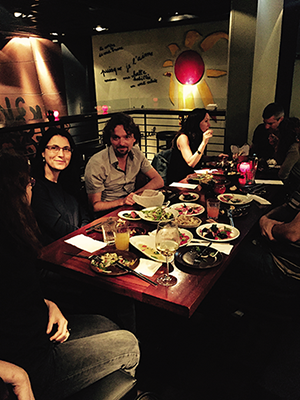
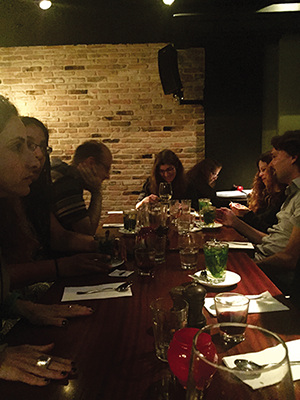
A local networking event took place on 25 May 2017 to both support and boost activities carried out by the Polish Chapter in Krakow.

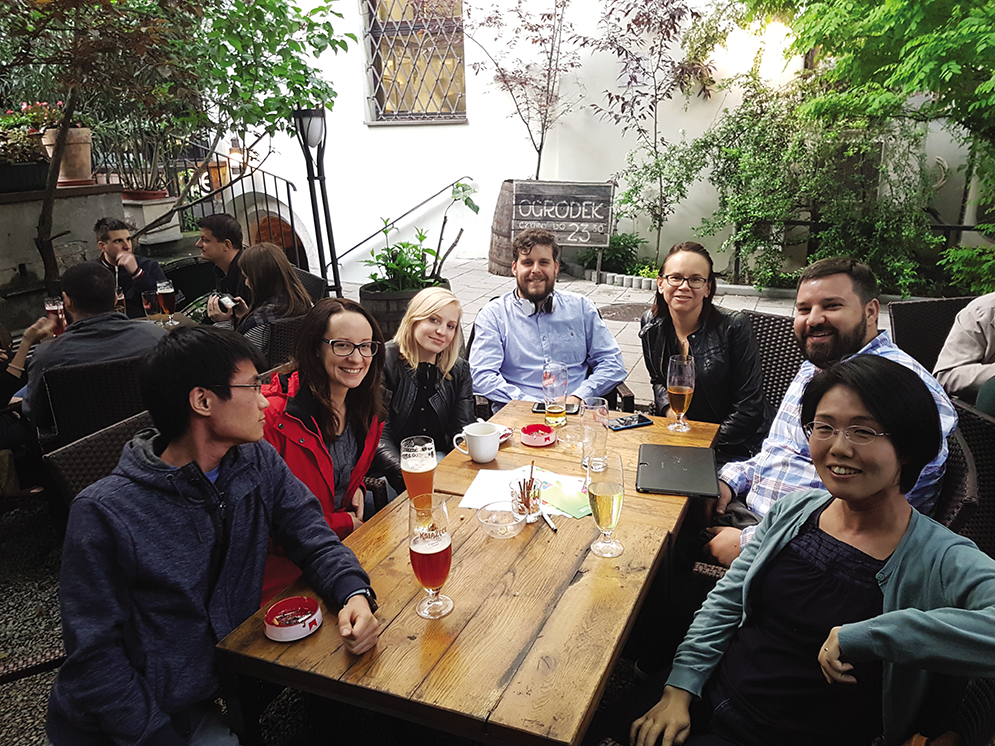
The meeting was held in the Repub and attracted seven participants: five MCAA Members and two people who recently received their individual Fellowships and will join the MCAA community soon.
Discussions focused on providing support to incoming grantees through a buddy programme; this would help with both mobility and orientation.
For the four non-Polish speakers, the networking was especially fruitful in terms of practical guidance on Poland-specific administrative obligations and language courses. Two of the participants have already completed their Fellowships and shared their experience as senior mentors in overcoming specific obstacles at their research units.
All participants reported finding it extremely useful to share and compare and personal experience and observations with others. They felt encouraged about dealing with future challenges, and felt the local scientific community had been tightened.
MONIKA GAIK
Ireland has had a great deal of success in attracting funding from the Marie Skłodowska-Curie actions programme, both in terms of individual Fellowships and International Training Networks.

Interest from EU-based researchers in coming to Ireland is increasing as we are native English speakers and have continually scored highly on an international basis for science, engineering and the arts. The Ireland Chapter was founded in 2017 to enhance interactions between members and raise the profile of this exceptional group of researchers.
Since it was founded, the Ireland Chapter has attracted ca. 100 members, ranging from high-profile researchers to newly funded Fellows. These members are from across the island of Ireland, both north and south of the border, which is fitting as science knows no borders...
The Ireland Chapter will have its official launch in UCD on 2 October, where there will be an excellent line-up of speakers. Further to this, the Ireland Chapter plans to organise and run specific events in: bridging science and business; and gender equality and science communication.

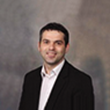
The Chairperson of the Ireland Chapter is Dr Declan Devine (Nanofact 2012). He is currently the Director of the Materials Research Institute at the Athlone Institute of Technology where he leads a highly skilled team in the areas of polymer engineering, biomedical materials, thermoplastic composites, recycling and controlled release of active pharmaceuticals.